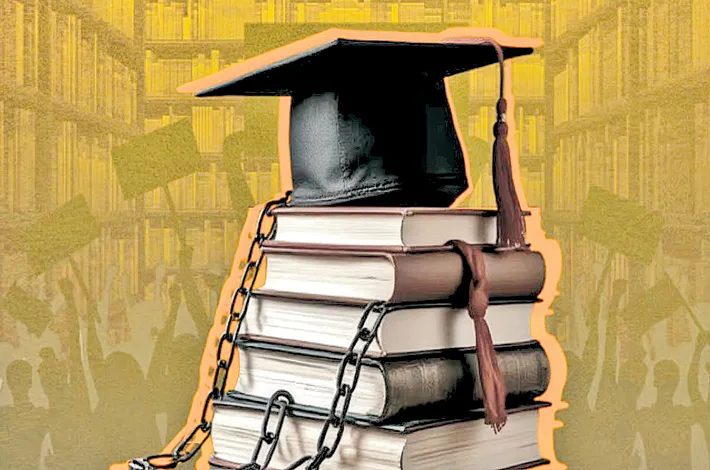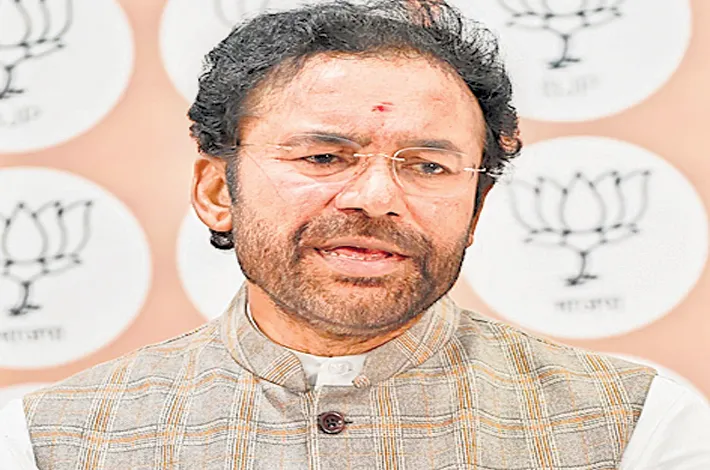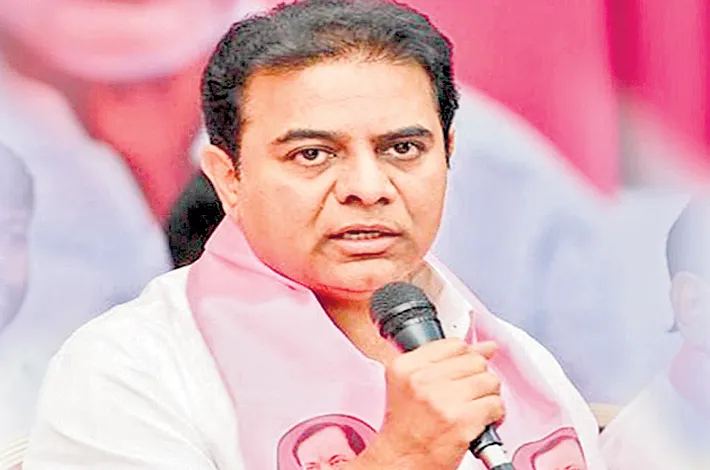Prof Francesca deported
27-10-2025 12:00:00 AM

Is the Government’s academic stance becoming a hindrance?
- Congress and leftist parties criticized the government’s interference in institutions like IITs and IISERs, citing examples of RSS influence and the promotion of pseudoscientific ideas like the "Pushpak Vimana".
- Their allegations include withdrawing books from syllabi, cancelling seminars, blocking academic appointments and preventing foreign scholars from entering India.
Triggering point:
Professor Francesca Orsini, a Hindi professor from London was deported without any official explanation.Officials claimed she had been blacklisted for conducting research on a tourist visa.
What critics say:
- Accused the government of stifling academic freedom,freedom of expression and also contrarian thoughts against the government
- Highlight that Orsini, an Italian by origin who has taught extensively in the UK, hails from countries with which India maintains cordial relations.
In a scathing critique of the Modi government, renowned historians and political commentators have accused the administration of being the "most anti-intellectual and anti-science government in Indian history," warning that its policies are jeopardizing the country’s economic, technological, and moral progress. The remarks were made in the context of the recent deportation of world-renowned Hindi scholar Professor Francesca Orsini, despite her holding a valid five-year visa. On October 21, 2025, Professor Orsini, an emeritus professor at SOAS University of London and a leading authority on Hindi literature, was deported without any official explanation.
Twenty-four hours later, unnamed government officials claimed she had been blacklisted in March 2025 for conducting research on a tourist visa.Critics dismissed this justification as "puzzling and bizarre," describing the deportation as a reflection of the government’s "xenophobia and paranoia," particularly within the Home Ministry. They recalled that Professor Orsini was one of the world’s great scholars of Hindi and North Indian literature, noting her decades-long engagement with India and her contributions to illuminating the country’s cultural heritage.
They emphasized that her work was "scrupulously scholarly" and non-political, making her deportation particularly egregious. They also highlighted the broader diplomatic repercussions, noting that Orsini, an Italian by origin who has taught extensively in the UK, hails from countries with which India maintains cordial relations.The deportation of Orsini is not an isolated incident. As per writers and academicians ideologically opposed to BJP and RSS she is the fourth scholar with a valid visa to be deported in the last three years, following anthropologist Filippo Osella, architecture professor Lindsay Bremner, and Kashmiri academic Natasha Kaul. Guha revealed that at least seven other scholars have been quietly denied entry, underscoring a broader pattern of hostility toward academic freedom. They termed it as a mark of a government that is insecure and short sighted. They argued that the government’s actions are part of a larger trend of suppressing free thought and open debate across Indian universities.
A recent global report cited by an international think tank identified India as a key example of shrinking academic freedom, with universities and political groups limiting free expression on campuses. It pointed to another study made in 2022 article where he six categories of academic repression were outlined, including withdrawing books from syllabi, cancelling seminars, filing criminal charges against faculty and students, physical attacks on scholars, blocking academic appointments, and preventing foreign scholars from entering India.
The report mentioned that the restrictions were not just about individual scholars or declining universities but a case of imperiling the economic, technological, and national future of our country. Many leaders of the congress and leftist parties criticized the government’s interference in prestigious institutions like the Indian Institutes of Technology (IITs) and Indian Institutes of Science Education and Research (IISERs), citing examples of RSS influence and the promotion of pseudoscientific ideas, such as claims of ancient Indian airplanes like the "Pushpak Vimana" or the scientific significance of cow urine research at IIT Bombay.
They contrasted the current government’s approach with that of previous administrations, acknowledging that political interference in academia existed under earlier regimes but was never as pervasive or harmful. “Indira Gandhi never interfered in how directors of the IITs or National Chemical Laboratory were chosen,” a Congress leader remarked, while pointing to the situation now, which he termed as sizably worsened,” with ideological conformity to the ruling party’s agenda stifling intellectual and scientific progress.
Calling for a reversal of these policies, the opposition urged the Home Ministry to invite back Professor Orsini to India. They also emphasized the strategic mis-step of alienating scholars at a time when global academic landscapes, particularly in the United States, are facing challenges. They stressed that the fight for academic freedom requires raising public awareness rather than relying solely on legal recourse. As India grapples with these challenges, the deportation of scholars like Francesca Orsini serves as a stark reminder of the broader threats to academic freedom and the nation’s intellectual future.








